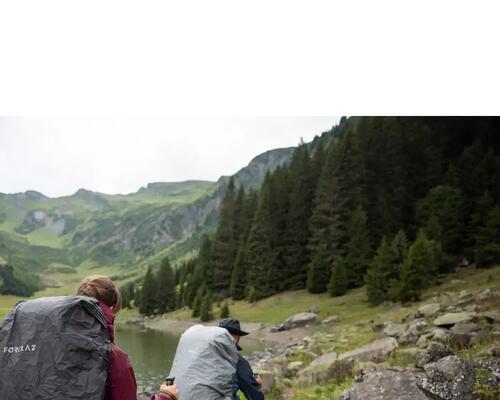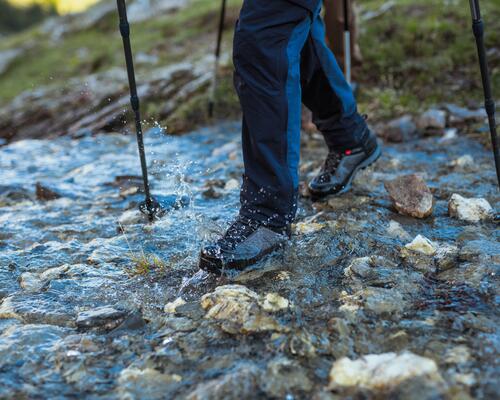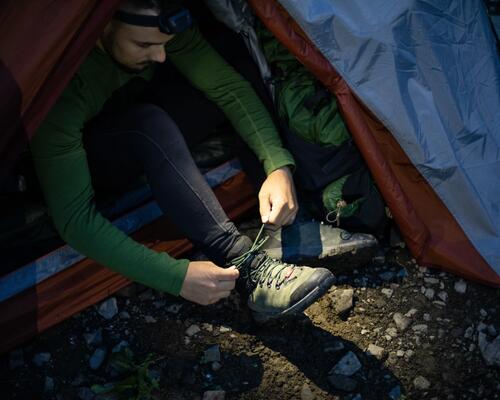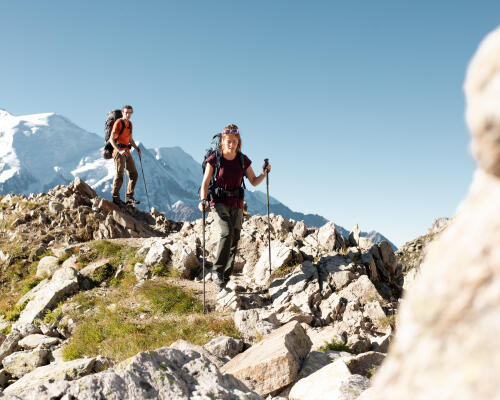Natural or chemical, toxic or not, how to choose?
Today, the most effective solutions for fighting mosquitoes generally require the use of chemical products, which are reputed to be harmful and can cause skin reactions in some allergic people. Known and effective products include:
- DEET
- Icaridin
- Lemon eucalyptus essential oil.
DEET and icaridin are both chemical products but their level of toxicity is very different. Lemon eucalyptus essential oil is a bio-based product that is effective against different species of mosquitoes and its effectiveness varies depending on the formulation.
Whichever active ingredient you choose, it’s highly recommended that you apply it in a well-ventilated area to avoid respiratory tract irritation that may result from inhaling the product.
DEET was developed by the US military to repel mosquitoes. It’s very effective and can be found in various doses in biocidal products (from 20% to 50%). It’s often the one that comes to mind when we think of mosquito repellents that can be toxic.
If you have an allergic condition, check the composition of the products to avoid skin reactions.







